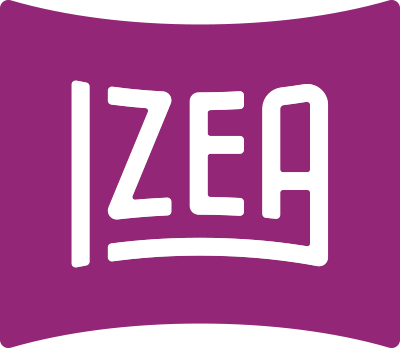Content marketing is a valuable tool for business-to-business (B2B) marketers, with the potential to yield strong returns. However, success often comes at a price. Marketers dedicate an average of over 25 percent of their advertising budget to content marketing, according to Demand Metric. But exactly how much should a B2B company spend? There are many factors to consider, and it’s important to calculate B2B content marketing costs carefully to maximize the return on investment.
How Much Does Content Marketing Cost?
There’s no simple answer to the question, “how much does content marketing cost?” There’s no industry standard for any particular products or services, and as every company’s content marketing system is different, prices vary considerably. The average small-to-medium business could spend from $2,000 to $10,000 a month on content marketing, according to WebFX, but many factors affect total expenditure:
- Marketing strategy maturity: Establishing a new marketing strategy may see an increase in cost compared to using a proven strategy operating at peak efficiency.
- Documentation: The most successful B2B content marketers are more likely to have a documented strategy, according to Content Marketing Institute. The documentation keeps everyone focused on the main goal and helps to avoid costly mistakes and misunderstandings.
- Content marketing system: Choosing between in-house content creation, freelancers and outsourcing to a content creation team is an important decision with a big impact on marketing budgets.
- Content schedule: The type of content, and the frequency of production, plays a key role in determining the overall cost of a particular marketing campaign. For example, publishing a white paper once per month is likely to have lower costs than creating a weekly video series.
The Cost of Content Creation
Content is where many B2B companies focus spending. Over 12 months, 56 percent reported increases in spending on content creation, according to Content Marketing Institute. The price for content varies based on many factors, including the time it takes to create and the level of knowledge or skill required. The average prices from the 2017 State of the Creator Economy report included:
- White papers: $959
- Videos: $631
- Photographs: $349
- Articles: $249
- Infographics: $185.
Website Costs
For B2B industries, a website is a calling card, and companies usually spend a lot on custom content. In 2019, costs could run from $2,000 to $10,000 per month, according to WebFX. A blog is a good way to become a thought leader in your industry, creating new opportunities for business partnerships. However, maintaining a blog may be costly, with individual blog posts costing anywhere from $100 to $2,000. Considering most bloggers in 2018 publish several times a month, according to Orbit Media, it’s clear to see how quickly costs escalate.
Social Media Costs
Social media is another area that often requires significant investment. From regularly engaging with fans on Facebook to working with influencers on YouTube, many activities demand a share of the budget. Maintaining a strong online presence with regular content could cost $1,000 to $5,000 per month.
Bear in mind that total expenditure depends on your methods. For example, hiring a firm to create a video may be more cost-effective than hiring lighting and cameras to produce the same content in-house.
Developing Your Content Marketing System
The best way to keep your costs down is to develop an efficient content marketing system. This system should cover all aspects of marketing, from the initial research, through content creation to analyzing the results. When you have proper documentation, and access to trained professionals who understand the metrics for success, your system becomes more effective.
There are three main ways to handle the development of your content marketing system. The right option for you depends on the size of your business, your marketing budget and marketing goals.
- Freelance content creators: Freelancers may charge a flat rate, or may charge by the word or based on the success of their content. They often represent a cost-effective way to create one-off pieces, but don’t help with strategy and analysis.
- In-house marketing team: For large B2B companies, an in-house team may be the most effective option. A marketing team could contain strategists, content creators, editors, publishers and data analysts.
- Outsourcing: For many small-to-medium sized companies outsourcing is the best option. By working with a specialist company, a business gains access to the right talent without having to put expensive marketing professionals on the payroll.
Final Thought: Value for Money
B2B content marketing costs vary considerably. Ultimately, the important thing isn’t how much you spend; it’s what you get for your money. You can’t buy success, and your marketing system is only as good as the weakest element. For example, it doesn’t matter if you spend thousands of dollars on content creation if poor distribution means nobody finds that content. Additionally, there’s no point paying huge sums for content that isn’t working for you. Continually analyze your return on investment. Identify trends, spot weaknesses in your system and evolve your strategies. Wring the value out of every dollar you spend, regardless of the size of your budget.




